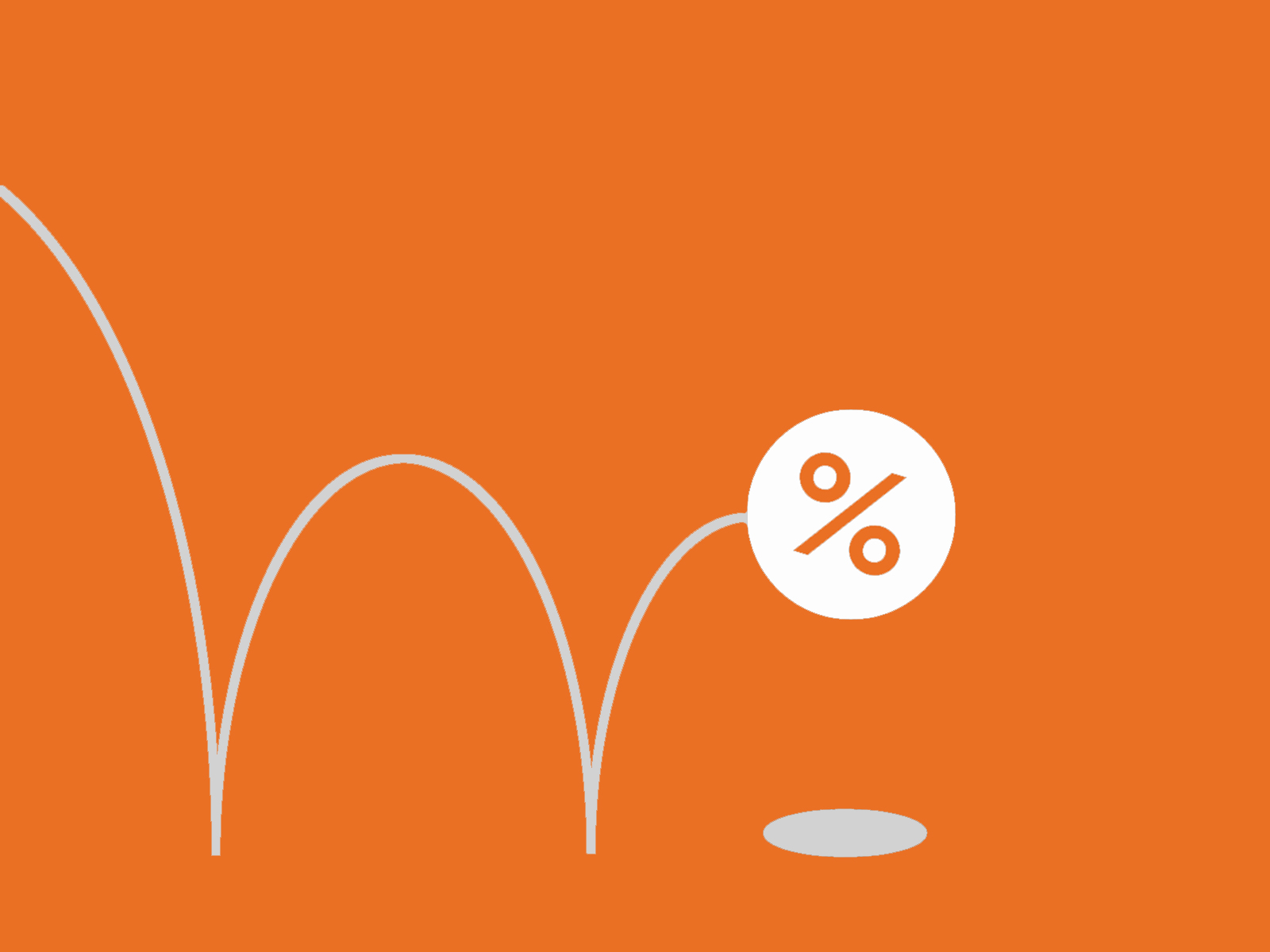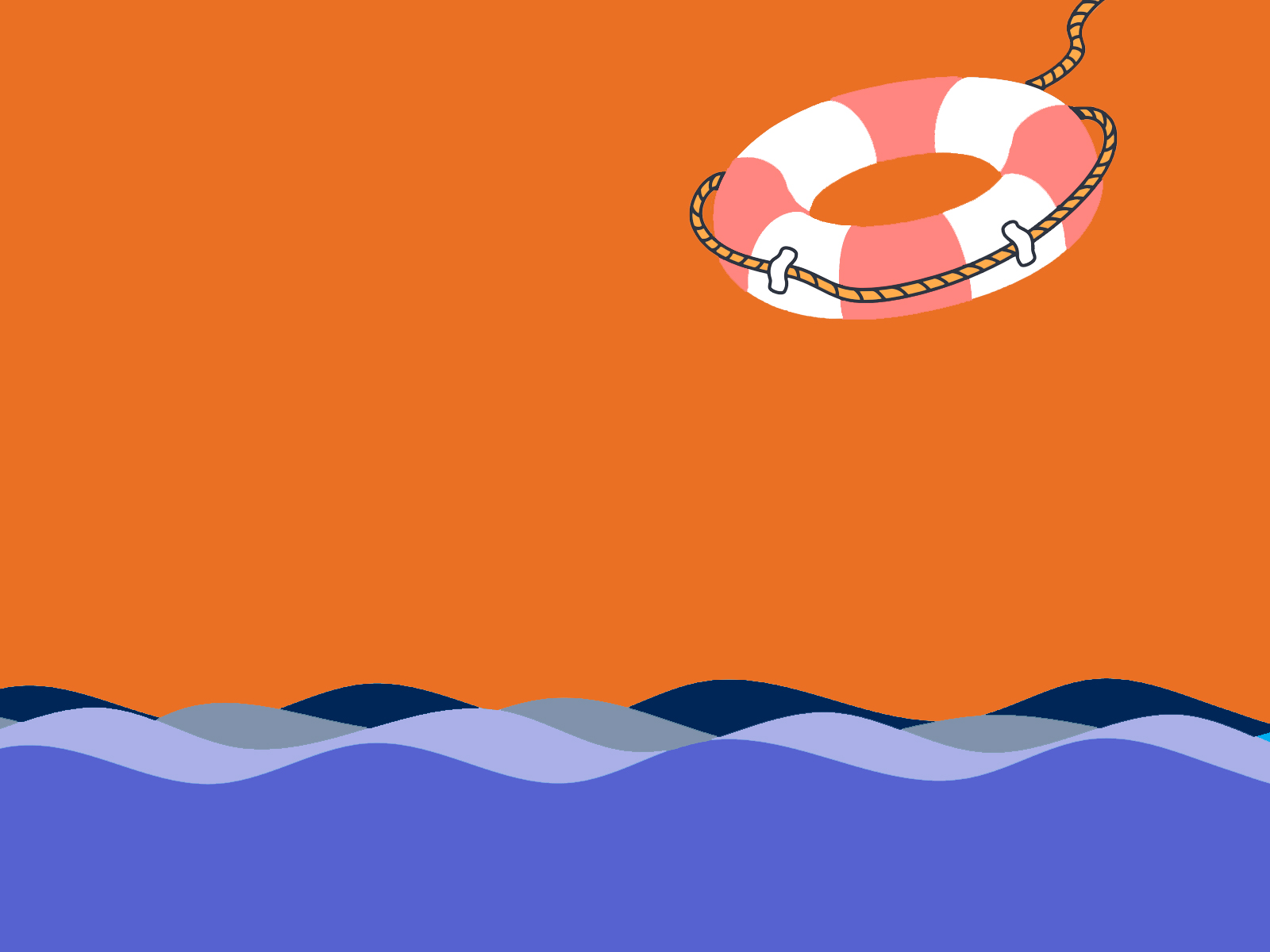How much house can you afford?
You've saved up a down payment and you're ready to purchase your first home. You hope to buy your dream home, until reality strikes. The purchase price you can afford isn't what you'd hoped for. But how exactly do lenders decide your maximum purchase price? And how can you know whether you'll be able to afford your mortgage payments if rates rise? How much house you can afford depends on a number of factors, including your income, down payment amount and mortgage rate. Here's how it works:
Your monthly income
When you apply for a mortgage, lenders want to know you'll be able to repay the debt. They determine this by looking at something called debt service ratios. The debt service ratios compare your take-home pay to your expenses. If you're a single, first-time homebuyer earning a modest salary in a pricey real estate market like Toronto or Vancouver, you may have a tough time affording your dream home.
Try not to be discouraged if your debt service ratios don't look as good as you'd hoped. These ratios aren't set in stone; there are ways to improve them. To boost the maximum purchase price you can afford, you can look for ways to reduce your debt, such as paying off student debt and car loans. If you're nowhere near the purchase price you'd like, you might consider aiming for a more modest property.
Your down payment
The size of your down payment has a big impact on how much house you can afford. The down payment is perhaps the biggest barrier to entry for renters who'd like to be homeowners. Lenders want to see that you have some skin in the game — that's why you're required to put some money down when buying a property.
The minimum down payment is 5 percent for the portion of the purchase price up to $500,000 and 10 percent for the remaining portion of the purchase price up to $999,999. But when you make the minimum down payment, you must also buy mortgage default insurance. To qualify for an uninsured mortgage, you'll need a down payment of at least 20%.
If the maximum home price you can afford looks discouraging, you can solve that by saving a larger down payment. This is often easier said than done. If your household budget is already tight, look for ways to spend less. Consider skipping the latte and packing a lunch, taking public transit instead of driving, and using RSP funds to take advantage of the Home Buyers' Plan.
Mortgage rate
The third factor is the mortgage rate. The mortgage rate and the maximum purchase price you can afford have an inverse relationship. All things being equal, the lower the mortgage rate, the higher the purchase price you can afford and vice-versa. Unfortunately, mortgage rates are something homebuyers have little control over.
However, there are still things buyers can do to protect themselves. Obtain a mortgage pre-approval and/or a rate hold when house hunting. A rate hold will protect you if mortgage rates rise while you're looking for a home and/or applying for your financing.
Once you've bought a home and have started paying your mortgage, there are ways to protect yourself from rising rates. You could increase your payments while rates are low, so you're paying down your mortgage faster. You might also consider putting any extra cash directly towards your mortgage. Just double check your mortgage agreement to make sure there are no penalties for doing so.

